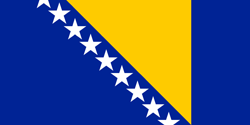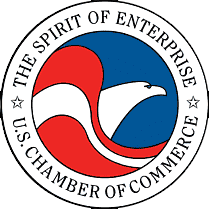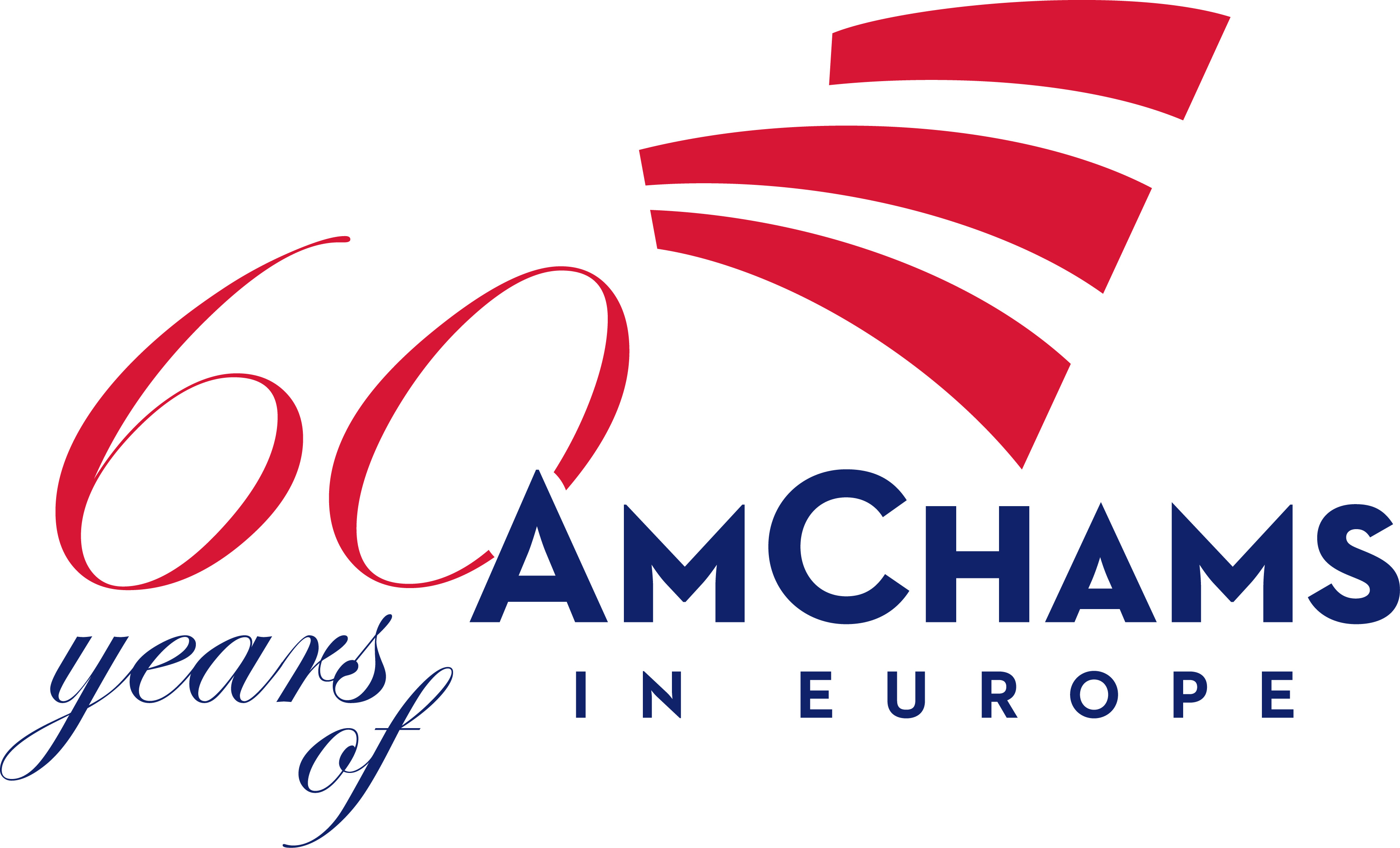Are there visa requirements for U.S. citizens to travel to Bosnia and Herzegovina?
U.S. citizens possessing a valid passport do not need a visa to enter BiH for stays of up to three months while visiting for business or tourism. Foreigners must register with the local police at the nearest police station within 48 hours of arrival when staying at a private residence. Visitors who stay in hotels will be registered automatically by the hotel. Registration is free for the first three months, regardless of the purpose of the visit. Stays beyond three months (education, scientific research, employment, engagement in a professional activity, medical treatment, tourism, other justified reasons, or because of marriage to a BiH citizen) require a temporary resident permit, and visitors must apply for the permit before the end of their initial three months in BiH. Foreigners must state the reason for the extended visit and submit evidence of adequate financial support for the duration of their stay in BiH.
What are leading sectors for U.S. export and investment?
BiH offers opportunities to well-prepared and persistent exporters and investors. The country is open to foreign investment and offers a liberal trade regime. It is richly endowed with natural resources. The best opportunities are in the following sectors:
- Materials for Industrial Processing to supply BiH’s metal-based industrial sector.
- Energy Generation and Transmission Equipment for construction and upgrading of hydropower plants, thermal power plants, and electrical power distribution projects.
- Telecommunications Equipment and Services for the expansion of existing networks including mobile, fixed line, and broadband.
- Transport Infrastructure Engineering and Construction Services for the Corridor 5c highway construction project and upgrading of local road and railroad infrastructure.
- Construction Equipment to support commercial construction needs for infrastructure projects.
- Medical Equipment for the public health-care systems and private practices, to include sophisticated diagnostic equipment.
- Information Technology Equipment and Services to include computer software and IT equipment and services.
- Agricultural Sector products and services related to meat and livestock, milk and dairy, fruits and vegetables, and fisheries.
How do I find an agent or distributor?
Finding a good agent and/or distributor is the most effective means of market entry in BiH. Reliable and capable partners can be found, but it may take some time and effort to locate them. It is recommended that a confirmed letter-of-credit be used when conducting business with a new local partner. Local partners can be located through the Foreign Trade Chamber of BiH (http://www.komorabih.ba), which maintains a business registry and features an electronic goods and services exchange. It is strongly recommended that the creditworthiness and local reputation of your future partner be verified before signing legal documents or conducting any business transactions.
U.S. Embassy Sarajevo can assist in locating potential partners and assessing their creditworthiness. Through a partnership with the U.S. Foreign Commercial Service, the Embassy provides the International Partner Search (IPS) and the International Company Profile (ICP) services to U.S. companies.
Which countries are major foreign investors in Bosnia and Herzegovina?
Over the past fifteen years, Austria has been the largest investor, followed by Serbia, Croatia, Slovenia and Russia. According to the BiH Central Bank, from a high of USD 2.1 billion in 2007, foreign direct investment (FDI) totaled USD 295 million in 2013 and approximately USD 350 million for the first nine months of 2014. Most investments in 2012-2014 came from Russia, Austria, Croatia, and Serbia.
Which countries have signed free trade agreement with Bosnia and Herzegovina?
- CEFTA. In December 2006, BiH signed the Central European Free Trade Agreement (CEFTA) which became fully operational in November 2007. The regional trade group consists of Albania, BiH, Kosovo, Macedonia, Moldova, Montenegro, and Serbia.
- EU SAA. In June 2008, BiH signed the Stabilization and Association Agreement (SAA) with the European Union, an important step towards EU membership. The Stabilization and Association Agreement (SAA) between the EU and Bosnia and Herzegovina (BiH) officially entered into force on June 1, 2015. The most important part of the SAA is the establishment of a free trade zone between BiH and the European Union, allowing for the mutual abolishment of custom tariffs and quantity limitations in mutual exchange of goods between BiH and the EU. The entry into force of the SAA should increase the confidence of investors, domestic and international in the country. It will allow both Bosnian companies and EU companies to access their respective markets. This is conducive to enhanced business opportunities for both the EU and the BiH based companies. The SAA should also encourage further development of competitiveness among the country’s exporters and increase investment and employment.
- U.S. GSP. Bosnia and Herzegovina was designated as a beneficiary country under the United States Generalized System of Preferences (GSP) program, under which more than 3,400 products are eligible for duty-free entry to the United States. The GSP program provided an incentive for investors to produce in Bosnia and Herzegovina. As of July 29, 2015, the GSP Program has been re-authorized by Congress through December 31, 2017.
Does Bosnia and Herzegovina have a bilateral investment treaty with the U.S.?
BiH does not have a bilateral investment treaty with the United States.
What is the total value of U.S. exports to Bosnia and Herzegovina?
In 2014, U.S. exports to BiH totaled $323 million with BiH exports to the U.S. valued at $28 million. U.S. products and services held a 2.9 percent share of total BiH imports in 2014. U.S. exports to BiH are primarily in the areas of computer and electronic products, agricultural products, machinery and transport equipment, and raw materials for industrial processing. Primary BiH exports to the U.S. are leather products, apparel manufacturing products, furniture and fixtures, and petroleum and coal products.
How many U.S. companies operate in Bosnia and Herzegovina?
There are approximately 50 U.S. and U.S.-affiliated companies that have established a full-time presence in the market.
Is American Chamber of Commerce (AmCham) active in Bosnia and Herzegovina?
Yes, American Chamber of Commerce is active in Bosnia and Herzegovina.
Does Bosnia and Herzegovina effectively protect intellectual property rights?
The BiH Government is strengthening its intellectual property rights laws in preparation for eventual membership in the European Union and the World Trade Organization. The U.S. Government, in conjunction with local partners, has made IPR awareness within the enforcement community a priority through training programs, partnerships in campaigns run by the American Chamber of Commerce’s IPR committee, and a recent IPR program to build the capacity of BiH’s IPR Institute by improving efficiencies in the IPR application process and by assisting with drafting of regulations.










